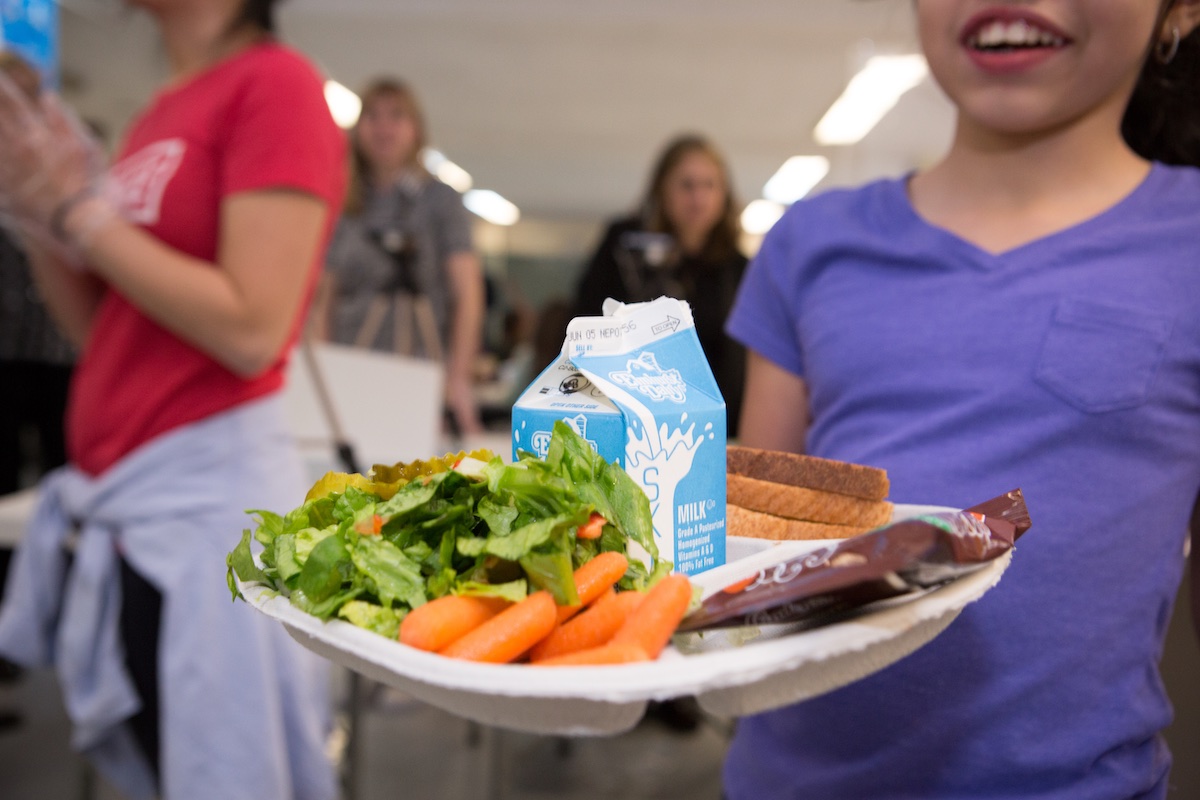Today, House Committee on Education and Labor Chairman Robert C. “Bobby” Scott (VA-03) introduced legislation to make all students eligible for free school meals during the 2020-2021 school year in response to the COVID-19 pandemic. The Pandemic Child Hunger Prevention Act would allow all children to access breakfast, lunch, and afterschool snack programs either in school or through “grab and go” and delivery options.
Under the Pandemic Child Hunger Prevention Act:
- All students will temporarily be made eligible for free school meals during the 2020-2021 school year through the School Breakfast Program (SBP) and the National School Lunch Program (NSLP).
- Due to the flexibility granted to USDA under the Families First Coronavirus Response Act, free school meals will be available to students during remote learning through “grab and go” or meal delivery.
- All school districts, including those operating off-site services, can serve all children without having to certify the eligibility of each individual child.
- Anywhere in the country, schools and non-profit community partners can operate meal services, including off-site, under the Summer Food Service Programs (SFSP) and the Summer Seamless Option (SSO), where they can serve all children without having to certify the eligibility of each individual child.
- Anywhere in the country, schools and non-profit community partners will be able to serve afterschool meals and snacks, under the Child and Adult Care Food Program (CACFP) At-Risk Afterschool Program or the NSLP Afterschool Snack Program, without having to certify the eligibility of each individual child.
- All Child and Adult Care Food Program (CACFP) day care homes will be eligible for reimbursement at the Tier 1 level.
The Pandemic Child Hunger Prevention Act is endorsed by the Tisch Food Center.
Schools provide students with everything they need to learn—teachers, textbooks, desks—for free, everything that is except for school meals. Learning on an empty belly is hard, but the Pandemic Child Hunger Prevention Act fixes this problem, making it easier for schools to feed children next year," said Dr. Pam Koch, Executive Director of the Laurie M. Tisch Center for Food, Education & Policy, Teachers College, Columbia University.
To read the full press release, click here.
To read what people are saying about the Pandemic Child Hunger Prevention Act, click here.
For a fact sheet of the Pandemic Child Hunger Prevention Act, click here.
For the bill text of the Pandemic Child Hunger Prevention Act, click here.
